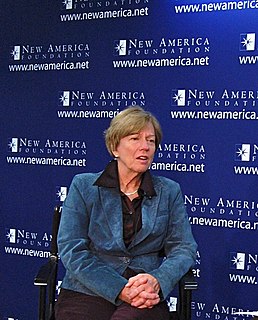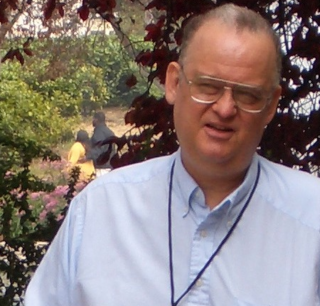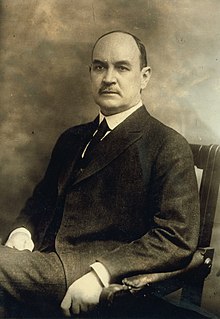A Quote by Ramez Naam
If you want to feed the planet and keep the forests we have, you need to be able to grow roughly twice as much food per acre around the world. How do you do that? New technology.
Related Quotes
Raising crops to feed animals for human consumption requires a lot of land. It takes eight or nine cows a year to feed one average meat eater; each cow eats one acre of green plants, soybeans and corn per year; so it takes eight or nine acres of plants a year to feed one meat eater, compared with only half an acre to feed one vegetarian.
I want to do the right things - I want to plant trees, I want to make sure that the indigenous forests are protected because I know, whatever happens, these are the forests that contain biodiversity, these are the forests that help us retain water when it rains and keep our rivers flowing, these are the forests that many future generations will need.
Note even Jonathan Swift would dare to write a satire in which politicians argued that - in a world where species are vanishing and more than a billion people are barely able to afford to eat - it would somehow be good for the planet to clear rain-forests to grow palm oil, or give up food-crop land to grow biofuels, solely so that people could burn fuel derived from carbohydrate rather than hydrocarbons in their cars, thus driving up the price of food for the poor. Ludicrous is too weak a word for this heinous crime.
It's amazing how much information is coming at us most of the time through technology, the media and the busyness of the world around us. I've decided that the world probably isn't going to change, so I have to change. I'm learning how to keep my mind on what I'm doing, rather than thinking about several things at once or what I want to do next.
For the rains and the rivers you need forests and you need to make sure these your forests are all protected, that there is no logging, that there is no charcoal burning and all the activities that destroy the forest. All this really needs to be done so that you can be able to grow good coffee, so that you can have an income, so that you can send your children to school, so that you can buy medicine, so that you can take them to hospitals, so that you can care for the women, especially mothers.
We’re turning everything on the planet into food for humans so we’re cutting down the rainforests, displacing all of the animals, and we’re doing all this to feed humans... ... Imagine if there were only 2 billion people polluting? We’re already overpopulated. I feel we’ve become a parasite on this planet. If this population keeps growing, we’ll just keep devouring the planet, and I don’t think it’s going to stand for that very long.
Forests ... are in fact the world's air-conditioning system-the very lungs of the planet-and help to store the largest body of freshwater on the planet ... essential to produce food for our planet's growing population. The rainforests of the world also provide the livelihoods of more than a billion of the poorest people on this Earth... In simple terms, the rainforests, which encircle the world, are our very life-support system-and we are on the verge of switching it off.
To argue that we need some technology in order to produce food to tackle hunger is completely blind to the facts on the ground. Actually, what we need is the exact opposite of what GMOs give us. We have to empower farmers to grow food for themselves and plant and grow their own seeds and use practices to deal with weeds and the need for fertility, not from purchased products like a seed or a chemical, but from their own farms, from their own knowledge and skill sets.
Here at home, we need to do two fundamental things. Number one, we need to recognize that technology has moved on. The Patriot Act was signed in 2001, roughly. The iPhone was invented in 2007. The iPad was invented in 2011. Snapchat and Twitter, all the rest of it, have been around just for several years. Technology has moved on, and the terrorists have moved on with it.




































